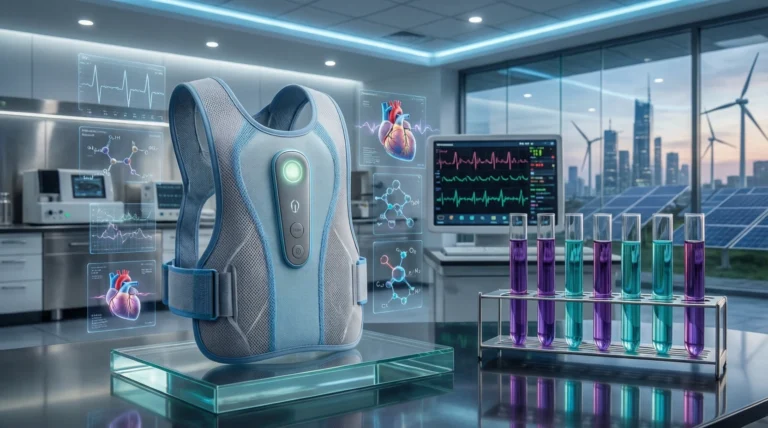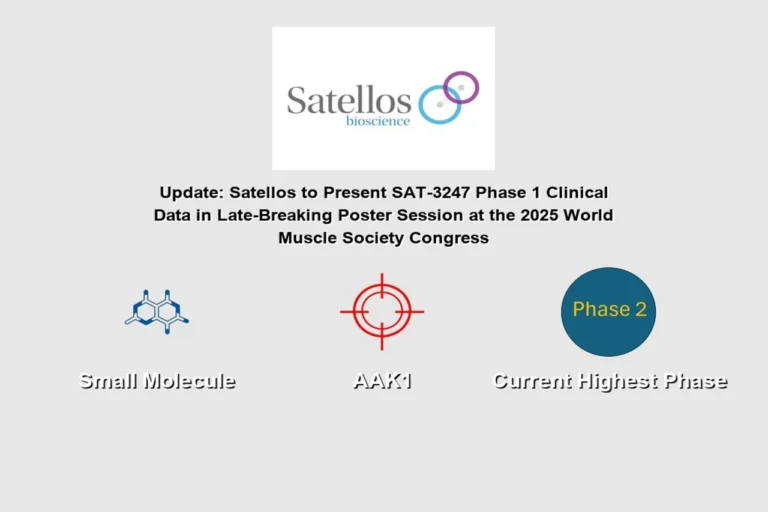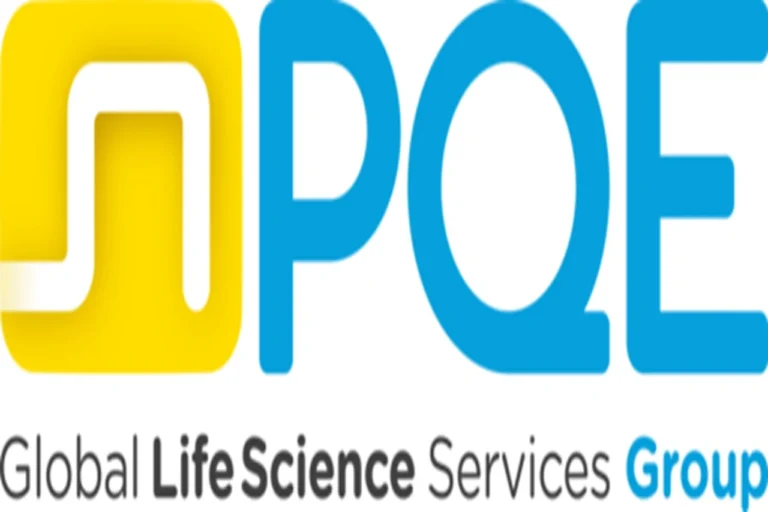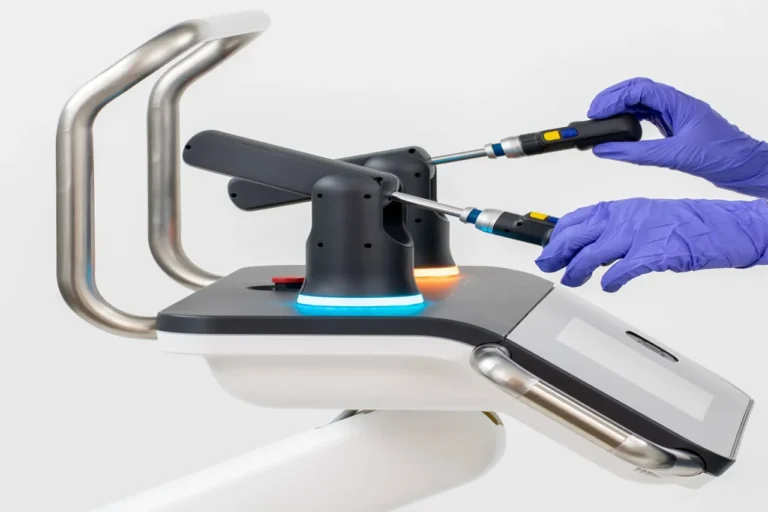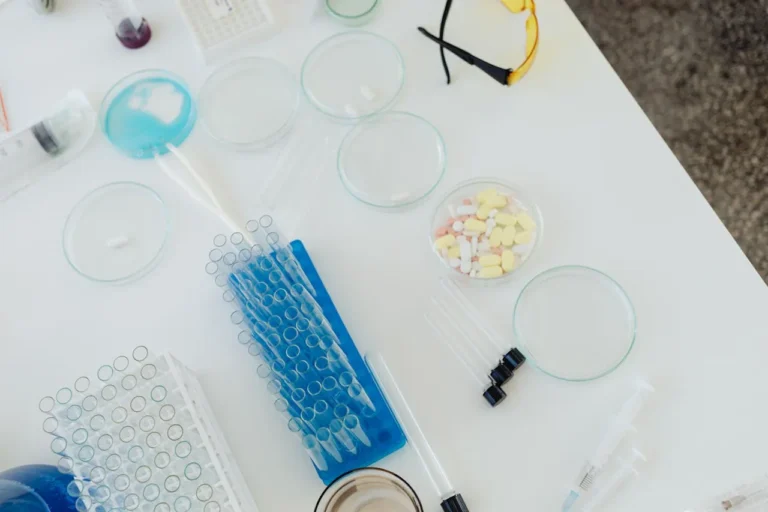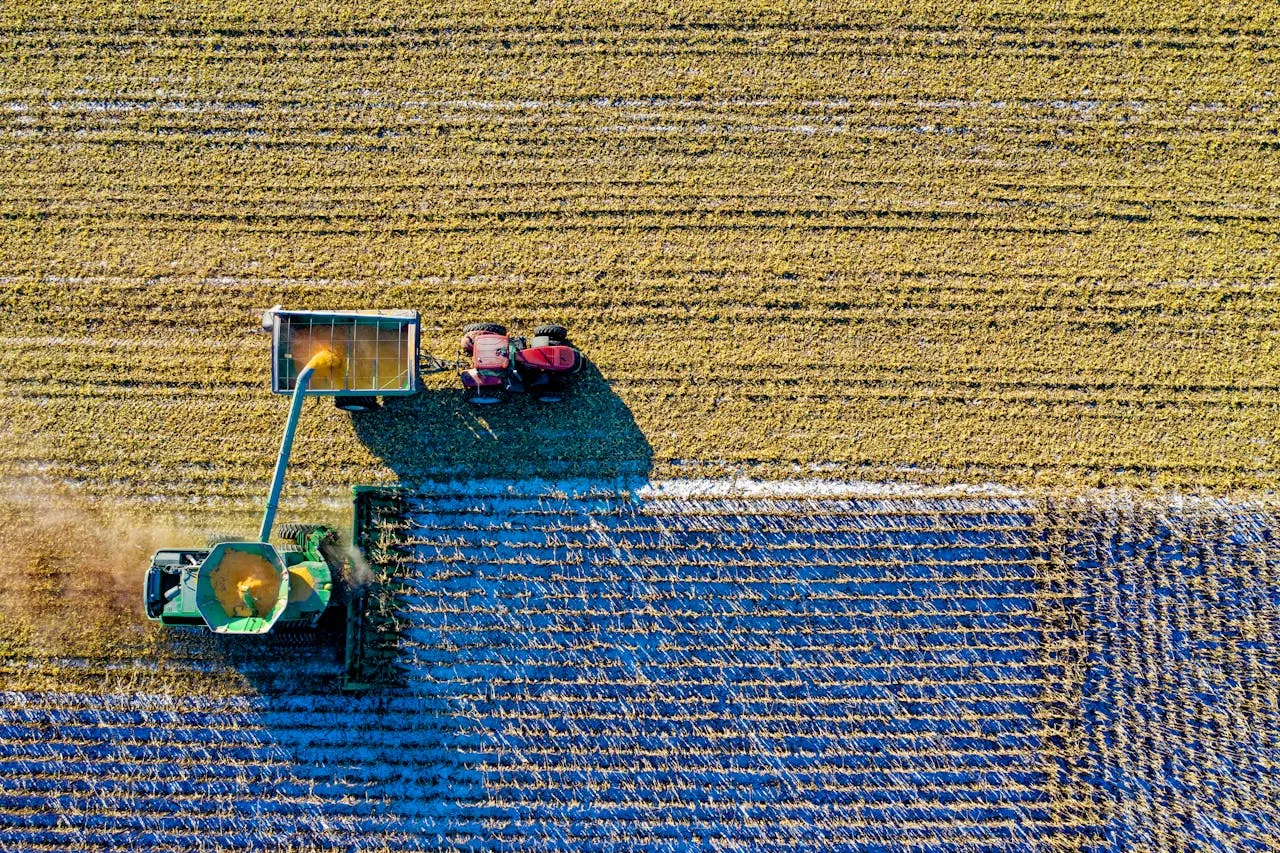
Syngenta to Lead Globally in Biological Farming Solutions
As global agriculture faces the dual challenges of boosting productivity and ensuring sustainability, Syngenta is stepping up its game. The company is rapidly expanding its portfolio of nature-inspired, science-backed biological solutions. This strategic focus addresses the rising demand for sustainable farming inputs while aligning with it’s broader Sustainability Priorities.
A Bold Commitment to Sustainable Innovation
Syngenta’s biologicals strategy underscores a long-term commitment to helping farmers increase yields in environmentally responsible ways. By investing in cutting-edge research and development and expanding production capacities, the company is positioning itself at the forefront of the biologicals market.
Jonathan Brown, Global Head of Biologicals & Seedcare, emphasized the company’s vision:
“With our recent partnerships and acquisitions and extended manufacturing capacities, Syngenta is positioning itself as the leader in biologicals. Our scientific expertise is at the forefront of our research and development efforts to provide farmers with the next generation of biologicals, helping them transition towards more sustainable farming practices, such as regenerative agriculture.”
Strategic Acquisitions and Partnerships Fuel Growth
Syngenta’s rise in the biologicals space is driven in part by recent acquisitions and collaborations that enhance its scientific capabilities and product pipeline.
In December 2024, Syngenta acquired Intrinsyx Bio, a California-based start-up focused on developing nutrient-use efficiency (NUE) products. These innovations aim to help plants more effectively utilize essential nutrients, reducing the need for synthetic fertilizers and minimizing environmental impact.
Following this, in early 2025, the company completed the integration of Novartis’ Strains and Natural Products Collection—a comprehensive repository of natural compounds and genetic strains. This collection significantly expands it’s access to novel biological ingredients, accelerating the discovery and development of new sustainable solutions for crop protection and enhancement.
Expanding Global Manufacturing Capacity
To support the growing demand for biologicals, it has also made significant investments in production infrastructure. In 2025, the company opened a new 22,000-square-meter biologicals facility in Orangeburg, South Carolina, designed specifically to produce up to 16,000 tons of biostimulants annually.
This U.S.-based facility is part of a global manufacturing network that includes plants in Brazil, Italy, India, and Norway. Together, these facilities ensure it can meet the rising demand for biological solutions while maintaining high standards of quality and consistency.
Strengthening R&D Capabilities
Syngenta’s expanded capabilities also include enhanced research and development efforts at its centers of excellence in Stein (Switzerland), Jealott’s Hill (UK), and Atessa (Italy). These hubs are instrumental in the ongoing development of it’s robust pipeline of biological products, several of which are already showing strong commercial promise.
According to company projections, multiple biological products in development have the potential to exceed USD 100 million in annual sales, further validating it’s strategic direction.
Market Momentum and Performance Highlights
Syngenta Biologicals posted strong results in Q1 2025, with standout performance in North America and China. The company’s momentum reflects broader market trends, as global demand for biologicals continues to surge.
The global biologicals market is growing at a compound annual growth rate (CAGR) of approximately 10%, and is expected to reach nearly USD 20 billion by 2030, according to estimates by AgbioInvestor and Syngenta. This growth is fueled by increasing regulatory pressure, consumer demand for sustainable food production, and the need to improve soil and plant health under changing climate conditions.
Understanding Biological Solutions: Three Key Categories
Biologicals are derived from naturally occurring organisms or substances and serve as a sustainable complement—or even alternative—to traditional chemical crop inputs. The market is typically segmented into three primary categories:
1. Biocontrols
These are naturally derived pest, disease, and weed management products, offering a safer and more targeted approach compared to synthetic pesticides. Biocontrols play a key role in integrated pest management (IPM) strategies, helping reduce chemical residues and resistance buildup.
2. Biostimulants
Biostimulants are products that enhance plant growth and stress tolerance, especially under adverse conditions such as drought or salinity. They support plant development by stimulating natural processes, improving crop quality, and increasing resilience.
3. Nutrient Use Efficiency (NUE) Products
NUE products are formulated to improve the uptake and utilization of essential nutrients, both macro and micronutrients. These products help maximize yield while reducing fertilizer use, offering both economic and environmental benefits.
A Vision for Regenerative Agriculture
Syngenta’s growing biologicals portfolio is also central to its efforts to promote regenerative agriculture, a systems-based approach aimed at improving soil health, biodiversity, and ecosystem resilience. By offering solutions that enhance nutrient cycling, boost plant immunity, and reduce chemical dependency, is empowering farmers to transition to more sustainable practices without compromising productivity.
Looking Ahead
As the global agricultural landscape evolves, Syngenta’s strategic investments in biologicals place it in a leadership position in the sustainable farming revolution. The company’s integrated approach—combining R&D innovation, strategic acquisitions, and global production infrastructure—demonstrates a clear commitment to helping farmers thrive while protecting the planet.
With the biologicals market set for continued growth and innovation, Syngenta’s vision is clear: to provide farmers with high-performance tools inspired by nature and driven by science.
About Syngenta
Syngenta is a global leader in agricultural innovation with a presence in more than 90 countries. Syngenta is focused on developing technologies and farming practices that empower farmers, so they can make the transformation required to feed the world’s population while preserving our planet. Its bold scientific discoveries deliver better benefits for farmers and society on a bigger scale than ever before. Guided by its Sustainability Priorities, Syngenta is developing new technologies and solutions that support farmers to grow healthier plants in healthier soil with a higher yield. Syngenta Crop Protection is headquartered in Basel, Switzerland; Syngenta Seeds is headquartered in the United States. Read our stories and follow us on LinkedIn, Instagram & X.
Data protection is important to us. You are receiving this publication on the legal basis of Article 6 para 1 lit. f GDPR (“legitimate interest”). However, if you do not wish to receive further information about Syngenta, just send us a brief informal message and we will no longer process your details for this purpose. You can also find further details in our privacy statement.


